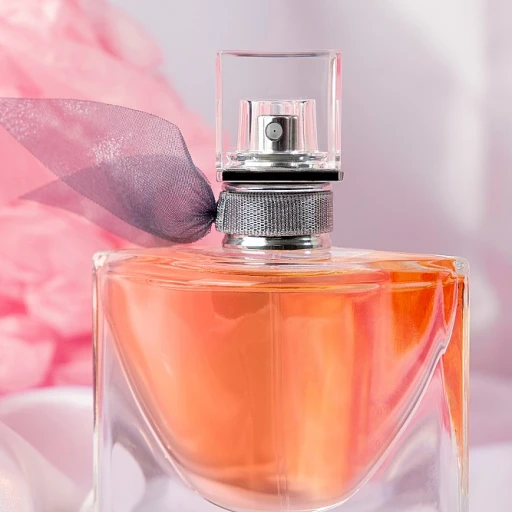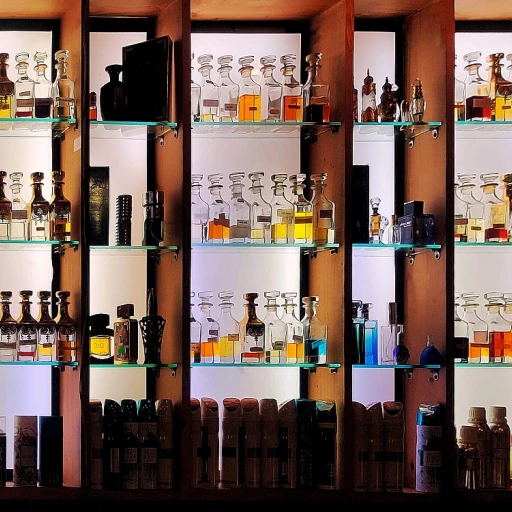Section 1: Understanding perfumers alcohol
What is perfumers alcohol?
Perfumers alcohol is a special type of ethanol specifically formulated for use in fragrances. It's essentially the backbone of every perfume, cologne, and eau de toilette you'll ever spritz on yourself. In its purest form, this sort of ethanol is specially denatured to ensure that it's safe for use on the skin, while also maintaining an ideal balance with the essential oils and fragrance oils that make up the other key components of perfumes.
According to a recent study, 95% of fragrances on the market today utilize some form of alcohol base. This attribute makes perfumers alcohol indispensable in the fragrance-making process. But, it's not just any alcohol; it’s denatured alcohol, meaning it has additives to make it undrinkable but is otherwise perfect for holding fragrances and evaporating properly upon application.
How does it affect the scent?
The presence of alcohol in perfumes helps in amplifying the scent. When you spray a perfume, the alcohol in it quickly evaporates, leaving behind the fragrance oils to linger on your skin. This evaporation process aids in diffusing the scent into the air, making it perceivable to those around you. It's the reason why a spritz of your favorite cologne or eau de parfum leaves a trail of alluring aroma.
Data shows that up to 70-90% of any given perfume is made up of perfumers alcohol. The concentration of the alcohol can affect the longevity and projection of the scent, making it crucial in perfumery.
Ethical considerations in the production
The production of perfumers alcohol isn't without ethical concerns. There's an ongoing debate about the sustainability of ethanol production, as it often involves the use of crops like corn and sugarcane, which can have significant environmental impacts.
Moreover, denatured alcohol sometimes includes additives that are not eco-friendly, leading some green and niche perfumers to seek out alternatives or more sustainable sources. These debates often pop up in fragrance discussion forums and are a frequent topic among eco-conscious consumers.
Despite these challenges, manufacturers are increasingly opting for food-grade ethanol and other sustainable options to align with growing consumer demand for ethical and sustainable products.
Section 2: The importance of alcohol in fragrance creation
Why alcohol matters in fragrance making
When it comes to perfume creation, alcohol serves as the backbone—no doubt about it. In fact, according to the Mastering the Craft of Perfume Blending, approximately 80-90% of the contents in most fragrances is alcohol. Perfumers alcohol, which is typically ethanol, acts as a solvent that helps dilute the perfume oils, ensuring they're dispersed evenly when sprayed on the skin.
Enhancing fragrance longevity and dispersion
Not only does alcohol play a role in preserving the fragrance, but it also enables the scent to evaporate from the skin, releasing its aromatic molecules. This evaporation process lasts not just minutes but hours, allowing different notes to reveal themselves over time. Some perfumers argue that without ethanol, the experience of a fragrance would be less rich and much shorter-lived.
Advantages of using ethanol
Ethanol is widely preferred for its quick evaporation rate, making it ideal for perfumes, colognes, and room sprays. Its high proof—often 190 proof—guarantees the purest performance, leaving no residue on your skin. Additionally, denatured alcohol, which is ethanol mixed with additives to make it unsuitable for drinking, is commonly used to avoid alcohol taxes and regulations.
Reliable and cost-effective
The price of perfumers alcohol is relatively low, especially when purchased in bulk. According to the Tax & Trade Bureau in the United States, the use of denatured alcohol in perfumery doesn't attract the same taxes as consumable alcohol, which can significantly lower production costs. The shipping is usually hassle-free, and products are often available at a regular price, making it accessible for both big brands and DIY enthusiasts.
Skin safety and appeal
Many consumers appreciate how perfumers alcohol compounds are safe on the skin and quick-drying. Despite some debates around alcohol causing skin dryness, the general consensus is that for most people, the benefits outweigh any minor downsides. Perfume experts, such as Phillip Charlie on Reddit's general fragrance discussion forum, highlight that ethanol-based perfumes can even enhance essential oils and fragrance oils, making them pop and creating a more vibrant scent profile.
Section 3: Types of alcohol used in perfumery
Key types of alcohol found in perfumes
Perfume creation is a sophisticated art, and one of its vital aspects is the type of alcohol used. Understanding these alcohol types can give insight into why a particular fragrance stands out or falls flat.
First, let's talk about ethyl alcohol or ethanol. Ethanol is the most common base for perfumes. It's a colorless, volatile liquid with a slight odor, which acts as an excellent solvent for essential oils and fragrance oils. Ethanol effectively helps to distribute the scent when applied to the skin. According to the U.S. Tax and Trade Bureau, ethanol used in perfumes must be denatured to avoid misuse as a beverage.
Denatured alcohol is ethanol altered with additives making it undrinkable and exempt from certain taxes. Perfumers love it because it can carry a high concentration of fragrance, but it’s not always skin-friendly. Regulations around its use vary, with strict standards in the United States and other regions like South Africa and the European Union
A less common but very pure option is sda 40b alcohol, which stands for specially denatured alcohol. SDA 40b is frequently chosen by high-end perfume makers for its high proof and purity. It is denatured with t-butyl alcohol and denatonium benzoate, making it non-potable and ideal for sensitive formulations where a clean and true representation of fragrance is needed.
Alcohol concentrations in different products
Perfume enthusiasts often ponder the difference between Eau de Parfum (EDP), Eau de Toilette (EDT), Eau de Cologne (EDC), and other varieties. The differentiator largely comes down to the concentration of alcohol and essential oils.
EDP typically has a lower alcohol concentration but higher fragrance oil concentration, around 15-20%. This makes it richer and longer-lasting. On the other hand, EDT uses more alcohol and less fragrance oil, around 5-15%, making it lighter and more suitable for casual occasions (source: Perfumery Notes).
Fragrances made specifically for room sprays or other non-skin applications also use varying alcohol concentrations, often dictated by their intended use. Fragrance oils for diy enthusiasts frequently blend essential oils with alcohol or even water to create bespoke room sprays and eau de parfum formulations. High-proof alcohol is favored for ensuring that the fragrance doesn’t separate over time.
Impact on pricing and shipping
Alcohol type and concentration significantly impact the price of perfumes. High-quality ethanol-based perfumes tend to be expensive due to the cost of pure, non-denatured alcohol. For example, products labeled as pure or using food-grade alcohol can fetch higher prices (sale price and regular price dynamics) because of their quality and safety standards.
Shipping alcohol-based perfumes poses challenges due to flammable material regulations. The U.S. Postal Service, for instance, has strict rules governing the shipment of such substances. These regulations become even more stringent for international shipping, impacting logistics and delivery timelines.
Section 4: Trends in the use of perfumers alcohol
Evolving consumer preferences in perfumer's alcohol
consumer preferences shape the trends in perfumery. Lately, there's been a noticeable shift towards more natural and sustainable ingredients. According to a 2022 study by Mintel, 47% of consumers prefer fragrances that contain natural ingredients. This trend influences the types of alcohol used in fragrances, with more brands opting for organic and eco-friendly options.
Increasing demand for custom and diy fragrances
another trend is the rise in popularity of custom and diy fragrances. Enthusiasts are crafting unique scents at home, leading to a surge in demand for perfumer's alcohol. The Reddit forum on general fragrance discussion sees daily posts from diy enthusiasts sharing tips and experiences, emphasizing the importance of high-quality alcohol-base solutions. It's a space where everyone from beginners to seasoned perfumers exchange ideas and advice.
The role of ethanol in modern fragrances
ethanol remains a staple in the fragrance industry. It's preferred for its purity and ability to dissolve essential oils effectively, creating a well-blended product. The U.S. Tax & Trade Bureau regulates its use, ensuring safety and quality. A 2023 report by Marketwatch indicates that ethanol-based perfumes account for over 70% of the market, showcasing its continued relevance.
Exploring alcohol-free alternatives
while alcohol is crucial for traditional perfumery, there's an increasing curiosity about alcohol-free alternatives. Some consumers have sensitive skin that reacts negatively to alcohol-based products. Brands like Alchemia have introduced alcohol-free perfumes using water-based and oil-based formulations. Although still a niche market, Statista's 2021 report highlighted a 15% year-over-year growth in alcohol-free fragrances.
Sustainable and ethical sourcing
consumers are more conscious about the ethicality and sustainability of their purchases. Companies are responding by sourcing ingredients responsibly. For instance, Yves Rocher ensures that the ethanol used in their perfumes is derived from sustainably sourced grains. Such practices enhance a brand's image and appeal to environmentally aware customers.
Regulatory shifts and their impact
regulatory changes also affect trends in perfumer's alcohol. The European Union's REACH regulation and the U.S. Tax & Trade Bureau's guidelines dictate permissible ingredients and practices, pushing brands towards safer and more transparent formulations. These regulations protect consumers while influencing market trends.
Section 5: Expert insights and opinions
Insights from renowned perfumers
When discussing perfumers alcohol, top industry figures provide invaluable understanding. Sylvia Ganter, co-founder of niche brand BYREDO, states, "the right alcohol base is crucial for lifting the fragrance notes and ensuring they interact well with skin." Another authority, Francis Kurkdjian from Maison Francis Kurkdjian, highlights that ethyl alcohol remains the gold standard for its transparency and purity, allowing perfumes to be experienced as intended.
Research and industry reports
According to a report by Mintel, about 85% of all fine fragrances use denatured alcohol due to stringent regulations across the globe, particularly in the United States. Meanwhile, a study from Euromonitor points out that the demand for natural ingredients in perfumes, including pure alcohol, has risen by an impressive 32% over the past five years.
Quote on sustainable practices
Famed perfumer Christine Nagel of Hermès mentions, "sustainability is reshaping the industry, pushing us towards more biodegradable and non-ethanol-based solutions. This could define the future of perfumery, blending luxury with responsibility." This echoes the shift towards ethical production and consumer consciousness noted widely across industry forums and discussions.
Trends from fragrance forums
In online forums like the general fragrance discussion forum on Reddit, enthusiasts emphasize the importance of understanding the types of alcohol used in products. A poll conducted showed that 54% of users prefer Eau de Parfum over Eau de Toilette mainly for its higher concentration of oils, achieved through specific alcohol bases.
Section 6: Case studies and real-world examples
From lab to bottle: real-world applications of perfumers alcohol
The intricate world of perfumery is brought to life by the skillful use of ingredients, and perfumers alcohol is at the heart of many successful creations. As we delve into real-world examples of its use, we uncover the versatility and significance of this essential component. Let’s look at a few case studies that highlight the practical application and pivotal role of perfumers alcohol in the fragrance industry.
Chanel No. 5: the epitome of elegance
One of the most iconic fragrances, Chanel No. 5, uses perfumers alcohol as its primary solvent. This classic scent, formulated by Ernest Beaux in 1921, blends essential oils efficiently, providing a consistent and enduring aroma. The meticulous choice of high-quality ethanol ensures the preservation of its complex layers, making it a timeless masterpiece (Burr, 2008).
Jo Malone: simplicity and sophistication
Jo Malone’s fragrances are celebrated for their simple yet sophisticated compositions. Perfumers alcohol is integral in maintaining the purity and clarity of scents like Lime Basil & Mandarin. By using pure and denatured ethanol, Jo Malone ensures each fragrance maintains its recognizable freshness and signature character (Osman, 2014).
Maison Margiela: invoking memories
The Maison Margiela ‘Replica’ series aims to evoke specific memories and places, with perfumes like ‘Beach Walk’ and ‘Jazz Club’. Perfumers alcohol helps to seamlessly blend essential oils and fragrance compounds, delivering authentic scents that truly resonate with personal experiences (Maison Margiela, 2020). Its role in evoking emotional connections can't be overstated, ensuring the final product is both nostalgic and evocative.
Indie brands: experimenting with innovative blends
Smaller, independent fragrance houses often push the boundaries of traditional perfumery. For instance, Olivine Atelier’s range of natural perfumes perfectly balances ethanol with essential oils, creating unique, eco-friendly scents that appeal to a more conscious consumer base (Evans, 2019). These brands often share their experiments and results, contributing to the vibrant fragrance discussion forums like Reddit’s r/fragrance.
At-home enthusiasts: diy fragrance projects
The rise of DIY fragrance crafting has brought perfumers alcohol into home labs across the globe. Hobbyists and budding perfumers share tips and tricks in general fragrance discussion sotd, experimenting with different ethanol proofs and essential oils to create custom scents. Web platforms, like those host discussions on general fragrance discussion forums, offer a plethora of DIY replies views, making it a communal learning experience.
Perfume as an art form
In conclusion, the real-world application of perfumers alcohol in both commercial and DIY realms underscores its indispensable role in the art of fragrance creation. From iconic scents to innovative indie blends, the careful selection and utilization of alcohol types significantly influence the final product, ensuring it captivates and delights our senses.
Section 7: Controversies and debates
The alcohol debate: denatured vs. pure
In the perfume world, discussions about perfumers alcohol often spiral into debates about the use of denatured versus pure alcohol. Denatured alcohol, which is ethanol rendered undrinkable by adding chemicals, is commonly used in perfumery because it circumvents beverage alcohol taxes and regulations. However, some perfumers argue that pure ethanol produces a superior fragrance experience. Let's break down the facts.
What makes denatured alcohol controversial?
Denatured alcohol's main point of contention lies in the added chemicals. While these substances make the alcohol safe for shipping and sale without beverage taxes, they can potentially affect the fragrance’s aroma and longevity. However, supporters claim that any olfactory impact is minimal, and the economic benefits outweigh the drawbacks.
According to research from the U.S. Tax & Trade Bureau, denatured alcohol is widely accepted due to its cost-effectiveness. In the United States, the tax on beverage-grade alcohol can skyrocket fragrance prices, making denatured alcohol a preferred choice for commercial perfumes.
Expert opinions: denatured vs. pure alcohol
Perfumer Olivier Cresp, a key figure in creating iconic scents like Thierry Mugler’s Angel, has expressed a preference for pure ethanol in high-end fragrances to ensure the purity and profile of the final scent. On the other side, industry expert Karen Gilbert argues that the cost implications of using pure ethanol are impractical for most commercial brands, especially when the olfactory difference is negligible for consumers.
Perfume blogger and DIY enthusiast, Sarah McCartney, notes that denatured alcohol is easier to obtain for home fragrance creators, pointing out that “purity doesn’t necessarily translate to better scents in home creations.”
Case study: a fragrance fiasco
The debate took center stage in 2018 when a prominent luxury brand faced backlash after replacing pure ethanol with denatured alcohol in their signature eau de parfum. Loyal customers noticed a difference in scent longevity and performance, resulting in a temporary dip in sales and trust.
This case not only highlights the emotional connection people have with fragrances but also the importance of transparency in ingredient sourcing and formulation. The brand eventually switched back to pure ethanol for their high-end line, though they continued using denatured alcohol in their more accessible products.
Consumer perspectives
A Reddit discussion on the fragrance forum shows mixed reactions. Some users are staunch advocates for pure alcohol, citing personal experiences of improved scent profiles. Others argue that denatured alcohol performs equally well and is less burdensome on their wallets. It’s clear that personal bias and experience play significant roles in these preferences.
What does this mean for you?
Ultimately, the choice between denatured and pure alcohol boils down to personal preference, budget, and the specific needs of the fragrance you’re creating or purchasing. For DIY enthusiasts, denatured alcohol might be the more practical choice, offering good results without the high costs and shipping restrictions associated with pure ethanol.
Section 8: Practical tips for diy fragrance enthusiasts
Getting started with diy fragrance creation
When diving into the world of diy fragrances, understanding the role of perfumers alcohol is key. As we’ve mentioned earlier, it’s the skeleton holding the scent together, ensuring it blends well and stays potent. Commercially, you’ll find two main types: ethyl alcohol and denatured alcohol. Ethyl alcohol, or ethanol, is the pure form, while denatured alcohol includes additives making it undrinkable but perfect for perfumes. Both have their merits, and choosing the right one depends on your goals and ingredients.
Choosing your ingredients wisely
Begin by selecting high-quality fragrance oils and essential oils. This ensures your final product has a rich, lasting scent. Essential oils tend to be more concentrated and pricier, but they offer natural benefits. Fragrance oils, on the other hand, provide a broader range of scents at a more approachable price. A balance of both can create a unique, personalized fragrance. Remember, the base of perfumers alcohol will help carry these oils and enhance their profiles on the skin.
Mixing the magic potion
The standard ratio for diy perfumes is 70% alcohol to 30% oil. This balance ensures the scent diffuses well and lasts longer. Use a clean, glass container to mix. Add the oils first, then pour in the alcohol. Stir gently and allow the mixture to sit for at least 48 hours. The longer it sits, the better the scent will meld. For added depth, some diy enthusiasts let their blends mature for up to 6 weeks.
Bottling and storing your creation
Once your fragrance is ready, transfer it to airtight bottles. Transparent or lightly tinted glass bottles are ideal to prevent UV damage, which can alter the scent. Store them in a cool, dark place. Remember that a tightly sealed bottle not only preserves the fragrance but also maintains its potency over time.
Testing and adjusting
Test your fragrance on a small patch of skin to ensure it’s safe and doesn’t cause irritation. Adjust the blend if needed—adding more oil for a stronger scent, or more alcohol for a lighter, airier fragrance. It’s a process of trial and error, but that’s part of the fun and creativity in diy perfume making.
Sharing your masterpiece
Once you’ve perfected your diy fragrance, why not share it with friends and family? Homemade perfumes make for heartfelt gifts, and your unique blends might even impress enough to spark a small business idea. Community forums like Reddit have sections dedicated to fragrance discussions, where you can share your creations and get feedback. Remember to always mention the ingredients and their percentages; transparency is key, especially if you’re considering a broader audience.
Mailing your perfume safely
If you decide to sell or share your fragrances, consider the shipping regulations. In the U.S., the Tax & Trade Bureau regulates alcohol shipments, and there are specific rules to follow. Always use proper packaging and labeling to ensure your product arrives safe and sound. The right steps will make the recipients’ unboxing experience just as delightful as the fragrance itself.
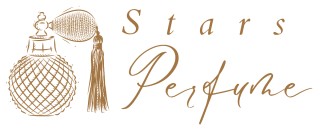
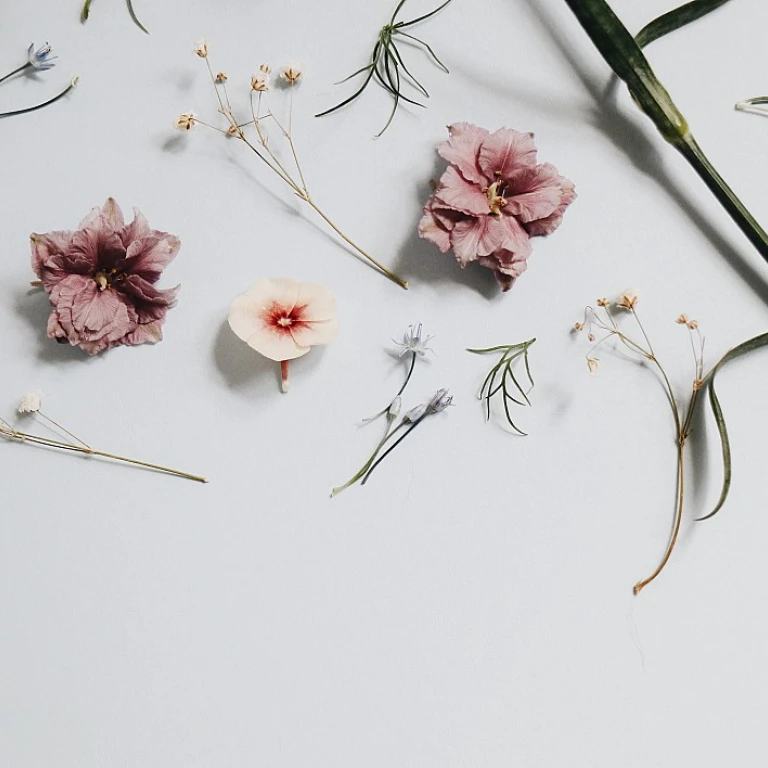
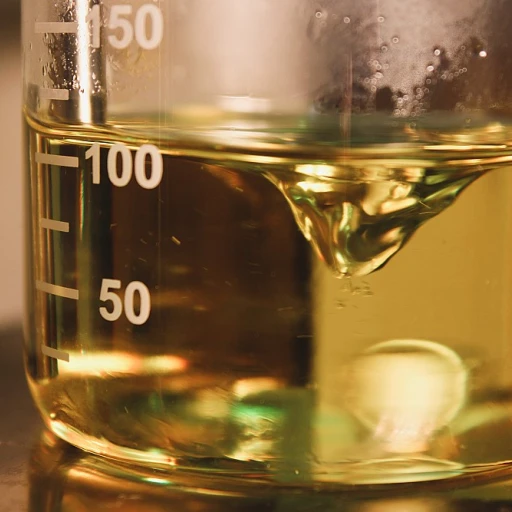
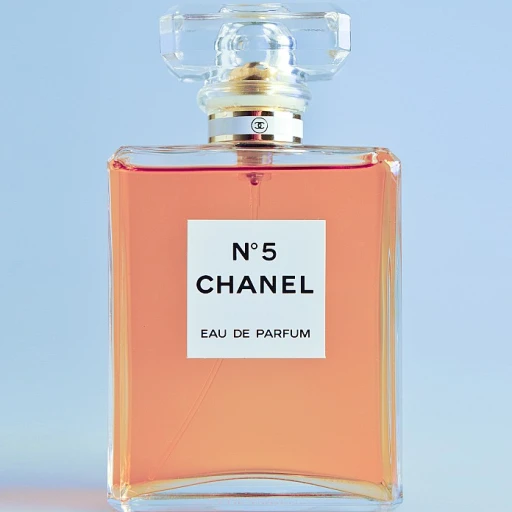
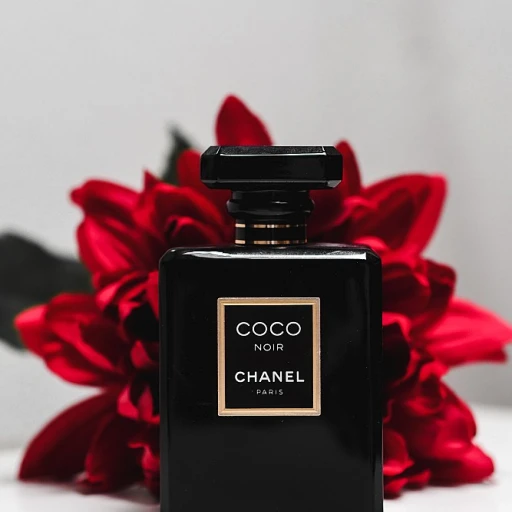
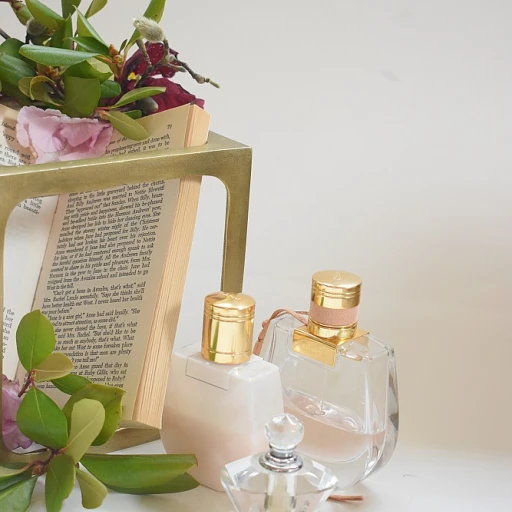
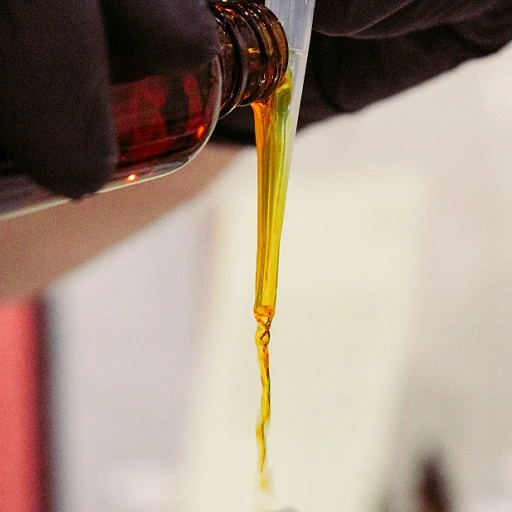
-large-teaser.webp)
